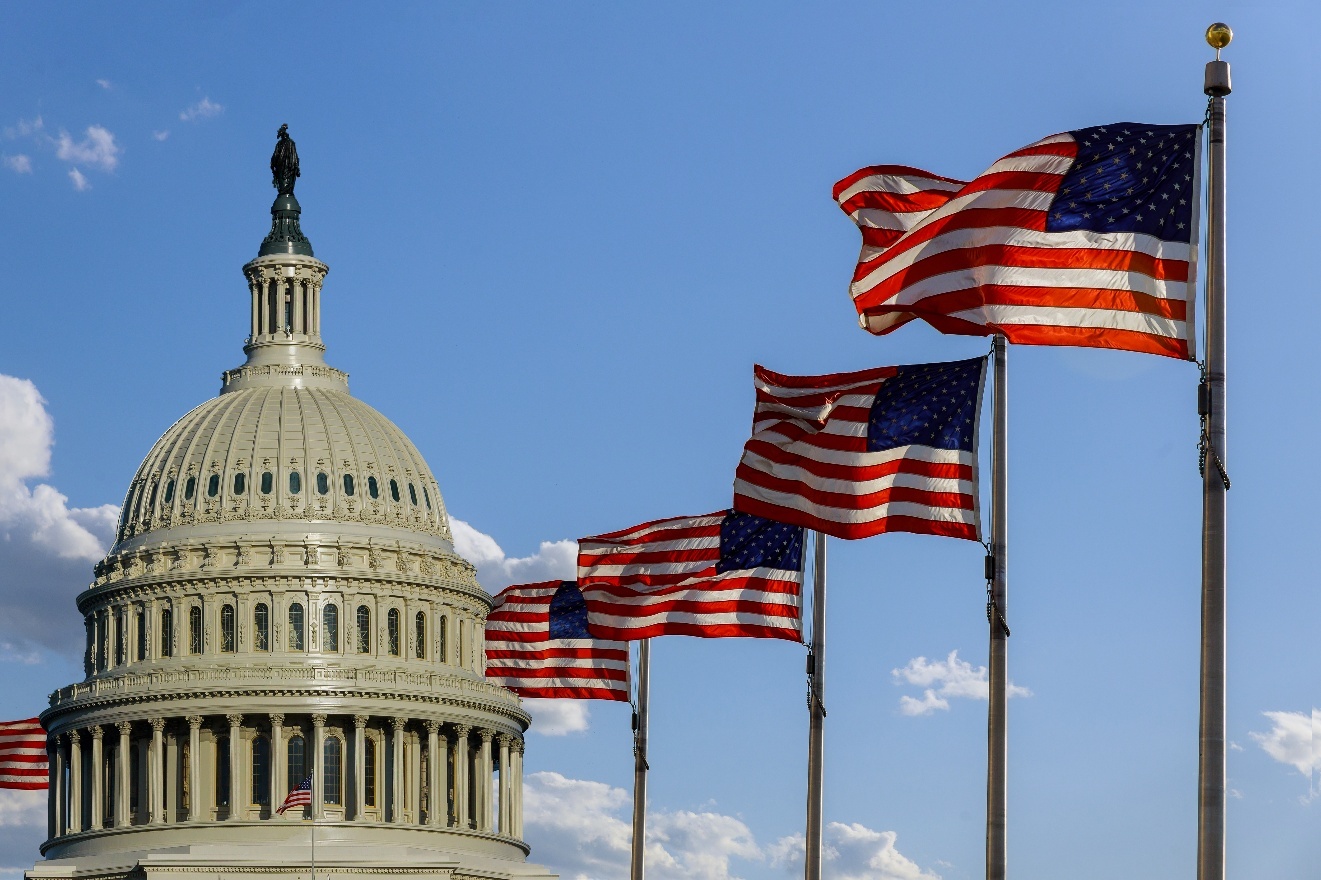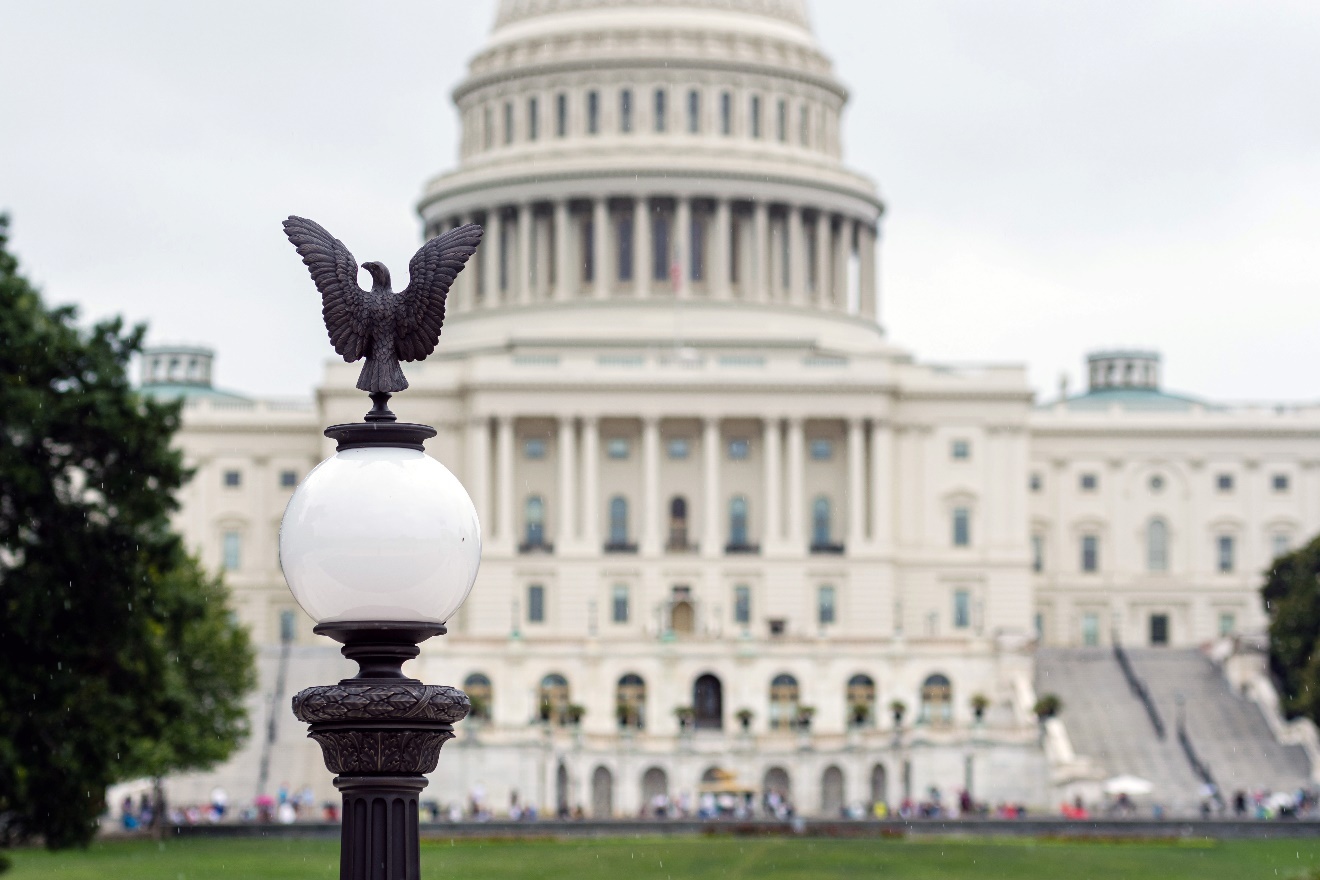
Want to work with the federal government? There are dozens of federal agencies and all of them offer government contracting jobs, but you cannot do business with the federal government without completing SAM registration. What does this entail? Is government contracting worth the effort? How can you make your company more attractive to procurement agents? Find answers to all these questions and more in our guide below.
The System for Award Management (SAM) is the federal government’s official database for the entire procurement process, managed by the General Services Administration (GSA). SAM.gov consolidates various acquisition systems into one centralized site, aligning federal contractors, grantees, and vendors with government needs, ensuring transparency and fairness throughout the bidding and awarding stages.
Previously, organizations navigated multiple systems (ORCA, CCR.gov, etc), handling different components such as registration, bidding, and payment processing. The consolidation under SAM.gov simplifies these elements, facilitating smoother connections between government agencies and private entities. Federal agencies use the SAM database to verify vital information such as legal names, physical addresses, and financial details before awarding contracts or grants.
Is SAM Registration Required?
If you wish to bid on government contracting jobs for any federal agency, SAM registration is required. Additionally, if you run a nonprofit and plan to apply for federal grants, you will need to complete SAM registration.
Not only will you need to register with SAM, but you also must complete SAM registration renewal every year. Government agencies cannot work with companies that do not have an active SAM account. Many procurement agents won’t select companies if their registration is about to expire, so it is wise to renew your SAM account at least six weeks before its expiration date, as it can take time for your renewal to be approved.
Is SAM Registration Required For Subcontractors?
Subcontractors are not required to register with SAM, however, they do need a Unique Entity Identifier or UEI number. You will need to register for this number at SAM.gov.
Subcontracting is an excellent option for smaller companies that are just getting started with government contracting. Typically, it is a good idea for subcontractors to complete SAM registration as you may discover contracts you wish to bid on, and you won’t be able to bid as a prime contractor unless you have an active SAM account.
Is SAM Registration Free?
The government charges no fee for SAM registration, but the process is complicated and time-consuming, especially for newcomers to government contracting or those unfamiliar with federal norms or terms. Consequently, some businesses choose to employ a third-party service to handle their SAM registration.
Using a third-party service can simplify the process greatly. Our team of SAM registration experts will ensure all necessary steps are completed 100% accurately and as quickly as possible. Additionally, we can help with SAM renewal as we monitor all federal regulation changes, sparing you the hassle of deciphering new rules each year.
Additionally, we also will help you procure your UEI number, and we can help your company get signed up with the Small Business Administration, if applicable. We will link your SBA account to your new SAM account and can help determine which small business set-asides match your company.
Set-asides are special government contracts set aside specifically for small businesses, and these include programs such as HUBZone certification, Service-Disabled, Veteran-Owned Businesses (SDVOSB), Woman-Owned Small Businesses (WOSB), 8a certification and more.
What Documents Are Needed For SAM Registration?
To complete your SAM registration, we will need you to gather several important documents and information beforehand:
- EIN/TIN (Employer Identification Number/Taxpayer Identification Number) – This is issued by the IRS and serves as your business’s tax ID.
- Unique Entity Identifier – You will need to apply for this before SAM registration, but we can apply for you if you use our registration service. It can take up to 10 business days to receive your number.
- Banking Information – You’ll need your business bank account information, including:
- Bank routing number
- Bank account number
- Bank account type
- Bank name and address
- Contact person for electronic funds transfer
- Business Information – We also will need additional details about your company including:
- Legal business name and any DBA (“doing business as”) names
- Physical address and mailing address
- Business start date
- State of incorporation
- Company website
- Number of employees
- Annual revenue
- NAICS Codes – The North American Industry Classification System codes that best represent your primary business activities. If you aren’t sure which NAICS codes are the best fit for your company, we can determine this for you.
- Point of Contact Information – Names, titles, phone numbers, and email addresses for various points of contact:
- Entity registration point of contact
- Electronic business point of contact
- Government business point of contact
- Alternate points of contact
Once your registration is complete, the government will assign you a Commercial and Government Entity Code, or CAGE code. This code is a five-character alphanumeric identifier assigned by the Defense Logistics Agency to entities doing business with the federal government, serving as a unique identifier for your business in the procurement system.
We also will create a Marketing Partner Identification Number, or MPIN number, for you. While sharing your CAGE code is essential, you should never share your MPIN with anyone as this is a code used to access your SAM account, much like a password.
How Do I Find Contracting Opportunities?
The primary resource for finding federal government contracting opportunities is SAM.gov (System for Award Management). Here’s how to navigate this process effectively:
SAM.gov Contract Opportunities
The Contract Opportunities section on SAM.gov (formerly known as FedBizOpps or FBO) is the official source for federal procurement opportunities over $25,000. To use this resource:
- Navigate to the “Contract Opportunities” section at SAM.gov
- Use the search filters to narrow down opportunities by:
- Agency/department
- Location
- NAICS code
- Set-aside type (for small business certifications)
- Dollar value
- Solicitation type
Additional Sources for Opportunities
Beyond SAM.gov, consider these other valuable resources:
- Agency websites: Many agencies post smaller opportunities (under $25,000) on their own websites
- Small Business Administration (SBA): Provides resources specifically for small businesses
- GSA Schedules: If you have a GSA Schedule contract, you can access opportunities through GSA eBuy
- SubNet database: For subcontracting opportunities with prime contractors
Tips for Finding Relevant Opportunities
- Set up saved searches and email alerts on SAM.gov for opportunities matching your criteria
- Research agency procurement forecasts to anticipate upcoming opportunities
- Network with agency small business specialists and procurement officers
- Attend industry days, pre-solicitation conferences, and government contracting events
- Consider working as a subcontractor to gain experience before pursuing prime contracts
Local and State Government Opportunities
For state, local, and municipal contracting opportunities:
- Check individual state procurement websites
- Look into county and city government procurement portals
- Research special districts (transportation, water, etc.) that may have their own procurement systems
Regularly monitoring these resources and building relationships with contracting officers will help you identify the most relevant opportunities for your business.
Get Started With SAM Registration!
At Federal Contractor Registry, we can provide you with fast, accurate SAM registration services. Once we complete the process, you will be eligible to bid on federal contractor jobs, including DOD contracts, FEMA contractor jobs and much more. Contracting can serve as an excellent way to grow your business, so click here to get started with our registration process.


